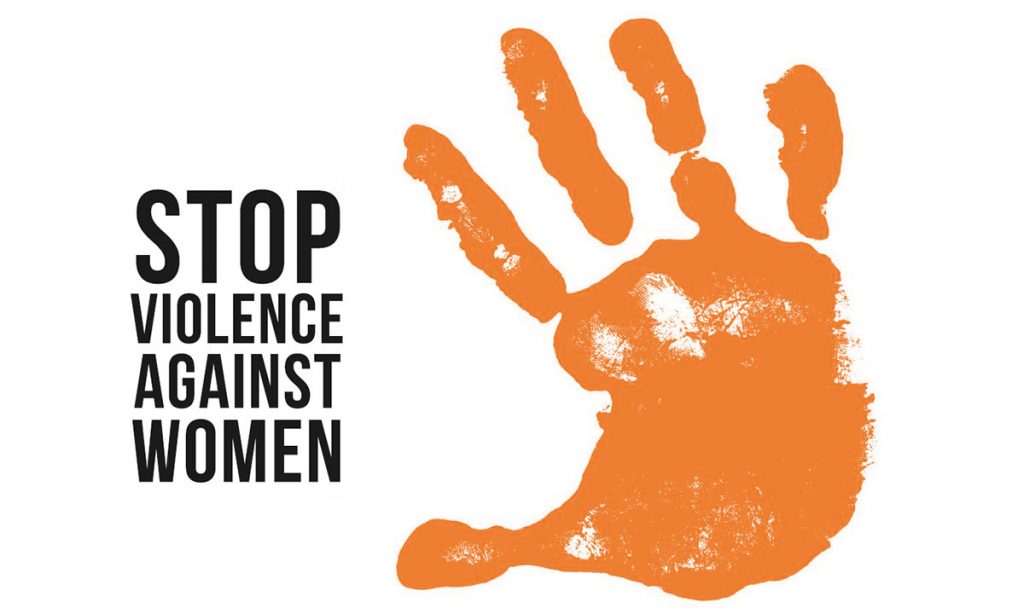
In just 48 hours, between April 17 and April 18, four girls in three different counties were defiled. In the cases, the perpetrators are a village man, a father and a police officer.
On April 17, a father reportedly swallowed a condom he was using to defile his 11-year-old daughter in Kismayo, Embu County after he was caught in the act.
The next day, a man is said to have defiled two girls aged 17 and two at their home in Mwingi, Kitui County. He then poisoned them, leading to the death of the younger one.
On the same day, another 16-year-old girl was reportedly defiled by a police officer attached to Sigomere police station in Ugunja, Siaya County.
And last week on Tuesday, a Mr Franklin Munyao was arrested on suspicion of killing his girlfriend. He is said to have stayed with her body in his rental house at Kambi Moto village in Ruiru, Kiambu County, till his apprehension.
His arrest followed that of Evans Karani, who confessed to have murdered his estranged girlfriend Catherine Nyokabi on April 14 in Juja, Kiambu County.
Painfully so, the list could go on and on. From the consistent string of defilements and femicides, it is evident that sexual and gender-based violence (SGBV) is resoundingly prevalent in Kenyan homes and communities.
It is a crisis that has drawn the attention of the former Prime Minister and ODM party leader Raila Odinga.
Too many lives being lost
In a Twitter post last Tuesday, Mr Odinga expressed concern over the piling cases of intimate partner murders.
“Too many lives are being lost on an almost daily basis going by media reports,” he said.
He said the killings cannot be normalised, calling for urgent measures to stop any incidents of SGBV.
“This scourge must come to an end. The abnormality of these murders cannot become the normal. No! If you cannot reconcile, then leave and let live. We need an urgent candid discussion on #GenderBasedViolence as a nation,” he noted.
In a press conference last Thursday, Ministry of Public Service and Gender Cabinet Secretary Margaret Kobia said SBGV is a complex issue whose preventive solution could come through a collective action.
“(The) government cannot win the fight single-handedly. All sections of our society have an important role to play, whether big or small, in preventing (S) GBV, and save the society,” she said.
Data from the ministry indicates that between January 2019 to December 2019, a total of 1,411 cases were reported through the national SGBV toll-free helpline 1195.
Defilement and rape
In the similar period last year, the numbers increased almost fourfold to 5,009. And in the first quarter of this year, 286 of them have been recorded, with Nairobi, Kakamega, Kisumu, Nakuru and Kiambu counties reporting the highest prevalence.
In her earlier statement on April 20, Prof Kobia identified physical assault, psychological torture, defilement and rape as the leading forms of SGBV.
“The Covid-19 pandemic containment measures have increased the vulnerability of women and girls owing to confinement at home with their abusers; with nowhere to run to for safety,” she said.
She added: “There is increased intimate partner violence, girls staying home from school are vulnerable to many forms of abuse including defilement and female genital mutilation.”
She said the government through the inter-agency programme is utilising the Sh200 million anti-SGBV package to effortlessly tackle the problem.
The programme is run by an inter-agency committee led by her ministry and constituting of five other ministries- Interior, Education, ICT, Health and Labour. It also includes representatives from the counties, development partners, and other non-State actors.
She said in addition to a safe house established by Makueni County, other rescue centres have been established in West Pokot, Bungoma, Vihiga, Meru and Migori counties with funding from the National Government Affirmative Action Fund.
Further, civil society organisations have complemented the State’s efforts in running other shelters.
There are at least 36 privately owned shelters in Kenya spread across 14 counties according to the National Shelters Network.
They are located in Nairobi, Kajiado, Mombasa, Kiambu, Nyeri, Samburu and Meru counties. Others are in Laikipia, Machakos, Murang’a, Makueni, Kisumu, Kwale and Nakuru counties.

